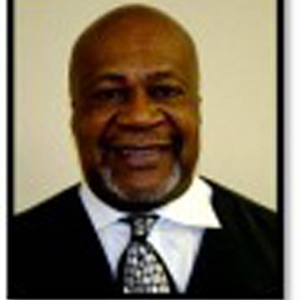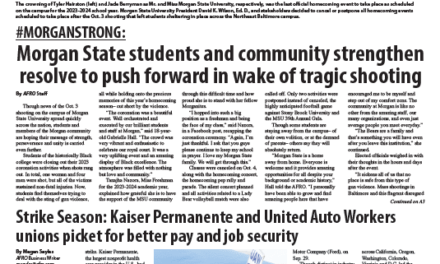Scriptural text: John 8:31-38
Lesson Context:
The Scripture passage is a part of a longer disclosure that took place in Jerusalem during the Feast of Tabernacles (John 7:2, 10, 14). The observance was one of Israel’s most important celebrations and dated to the time of Moses (Leviticus 23:33- 36, 39-43, et al).
Jesus Speaks (John 8:31-32): Word and Discipleship
The focus of Jesus’ teaching was on those disciples who had believed in him (John 7:31). The act of faith is mentioned in the previous verse. They were placed among the believers, with an expression of contrast mixed with, some- thing, perhaps, something of wonder-Jews and yet believers.
“If ye continue in my word” His word was the expression of the eternal truth of God, and He therefore was the one great Teacher. Every other must sit as a disciple at His feet, and continue in daily living to grasp the truth which is in that word and that word only, was revealed in Him.
“Then are ye my disciples indeed” The words imply that He who reads the heart has no confidence in this momentary conviction, which will not stand the test of discipleship, and all this includes.
Truth and Freedom (v. 32).
As disciples continued to follow Jesus’ teachings, their knowledge of God’s truth would expand. Old Testament Scriptures describe truth in terms of God’s faithfulness and salvation. John’s gospel continued with this idea and applied truth to the person and work of Jesus, “the way, the truth, and the life” (John 14:6). As dis- ciples remained in Jesus’ teaching, they would know His truth: a life made free through salvation found in Christ Jesus.
Believers React (John 8:33):
Declaration (v. 33a). “They answered him, ‘’ We are Abraham’s seed, and were never in bondage to any man.” How false this allegation was. They were often in bondage to neigh- boring nations. Were they not seventy years captiv- ity in Babylon? Nay, were they at this time tributaries to the Romans, and have the impudence to say, We were never in bondage. How foolish the application was. Christ had spoken of a liberty wherewith the truth would make them free, which must be meant of a spiritual liberty, for truth as it is the enriching, so it is the enfranchising of the mind.
Question (v. 33b). How sayest thou, Ye shall be made free? The Jews ques- tioned Jesus, placing the burden of proof on Him. Their question implied that they believed they were currently free, which disregarded their current status in the Roman Em- pire.
Jesus Responds (John 8:34-38):
Sin and Servitude (v. 34). Jesus answered them, Verily, verily, I say unto you, Whosoever committeth sin is the servant of sin. Jesus’ response instantly opened the Jewish audience’s faulty understandings of bondage and freedom. While they were concerned with an earthly sense of bondage, Jesus spoke of a more important form. Jesus applied the bondage metaphor to whosoever committeth sin. Such a person was a servant to sin. The ironic aspect was that it was one’s own sinful desires that bound a person.










